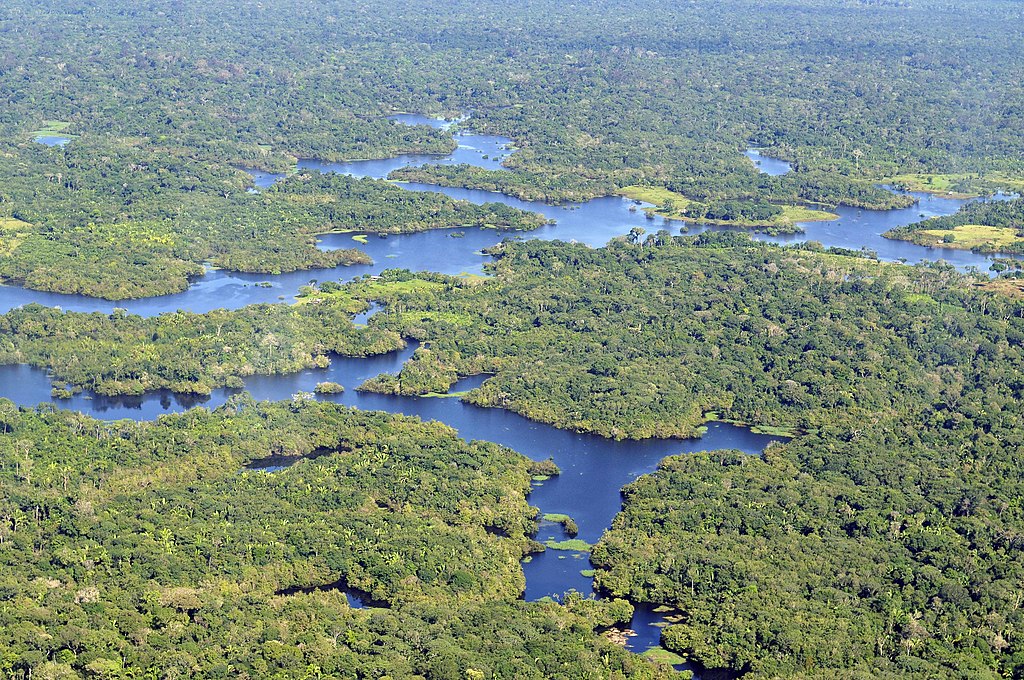
Michael Pashkevich is first author of a paper on what works when it comes to ecological restoration work.
The current UN Decade on Ecosystem Restoration offers unprecedented attention, research funding, and capacity to support restoration initiatives, aiming to inspire a large-scale, cross-cultural movement for global ecological restoration.
Michael Pashkevich et al
Researchers have developed a set of nine broad-based actions to guide ecological restoration to the benefit of both nature and wider society.
The nine actions are outlined in a recent studypublished in the journal Trends in Ecology & Evolution. First author is Gates Cambridge Scholar Michael Pashkevich [2017], who did his PhD in Zoology.
The study draws on case studies in tropical agroecosystems, where restoration can provide substantial socioecological benefits at relatively low costs, to demonstrate the actions being used successfully in practice. It also highlights cases where poorly designed restoration has been damaging.
The researchers say that, to successfully restore tropical agroecosystems and maximise benefits, initiatives must begin by considering ‘who’ should be involved in and benefit from restoration, and ‘what’, ‘where’, and ‘how’ restoration should occur.
The nine actions are:
- Involve a diverse network of stakeholders at all stages and in all parts of restoration initiatives
- Consider the economic benefits and costs of restoration
- Collect more baseline data from observational studies
- Inform algorithms to better identify restoration priority areas
- Implement large-scale, long-term experiments to test restoration strategies
- Increase study of additional biomes and regions
- Include traditional ecological knowledge and local farming practices in restoration initiatives
- Develop techniques to assess and improve restoration over time
- Share results and data openly and widely.
While the researchers state that the actions are only a starting point for change and recognise that there are individual circumstances that will affect restoration in different regions, they say now is the time to take action. They state: “The current UN Decade on Ecosystem Restoration offers unprecedented attention, research funding, and capacity to support restoration initiatives, aiming to inspire a large-scale, cross-cultural movement for global ecological restoration.”
*Picture credit: Neil Palmer/CIAT – Flickr, CC BY-SA 2.0, https://commons.wikimedia.org/w/index.php?curid=28394015












